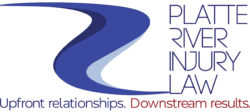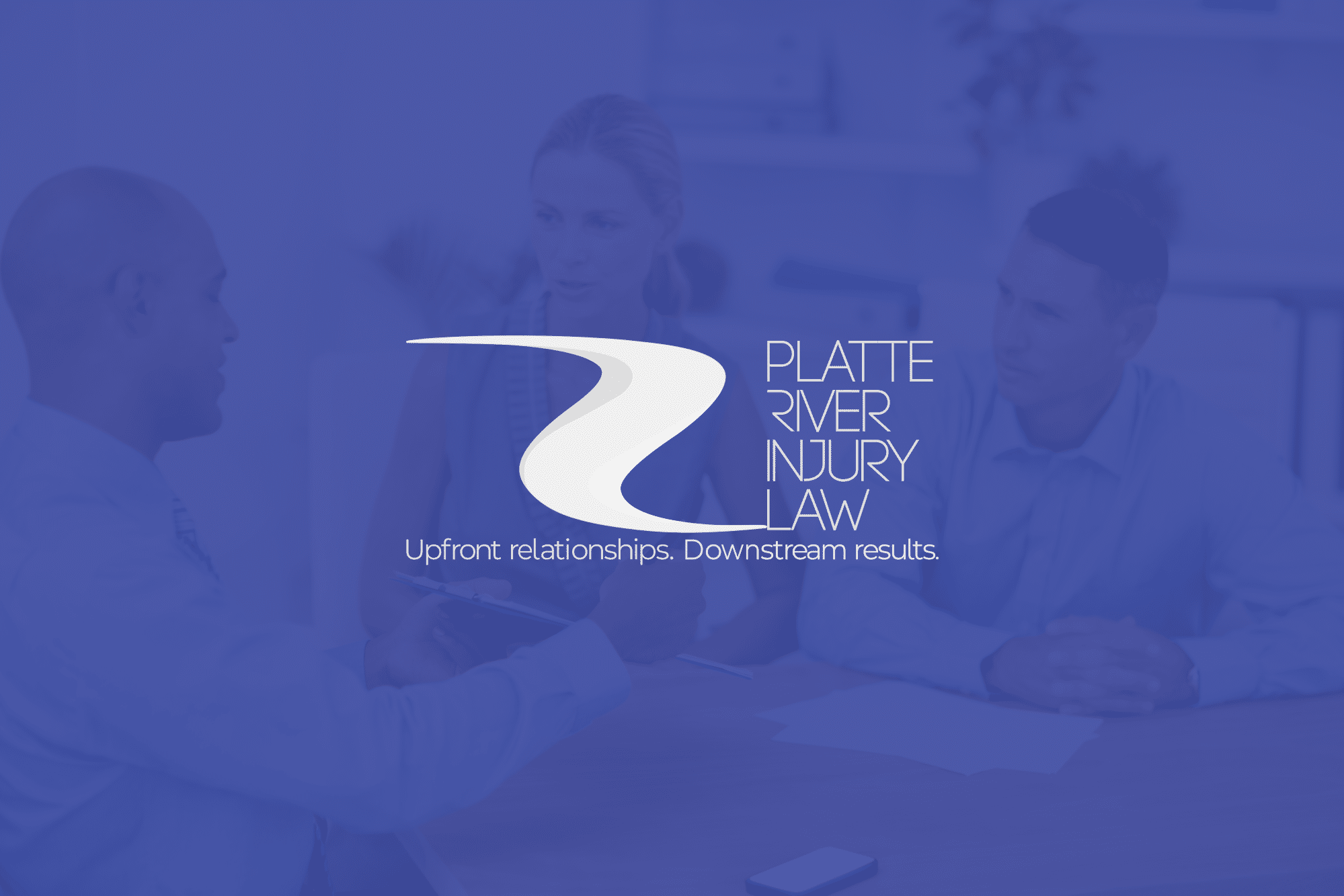When it comes to car accidents, Wyoming is an “at-fault” state.
Drivers who cause an accident must pay for the resulting damages.
If you were in an accident, you can recover compensation by filing a claim against the at-fault driver’s insurance company.
You also have the right to sue the at-fault driver directly.
However, it’s not enough to simply allege that the other driver is at fault.
To prevail, you’ll need to have clear and convincing evidence that the other driver caused the accident.
One way to prove responsibility is to show evidence of the other driver’s reckless driving.
What Is Reckless Driving?
Wyoming’s law on reckless driving makes it a criminal misdemeanor for any person to drive with a “willful or wanton disregard for the safety” of other people or property.
Reckless driving laws apply to all roads in Wyoming. A driver with a reckless driving ticket faces a maximum penalty of $750 or imprisonment of six months.
The ticketed driver must also pay a surcharge to the state: not less than $150 or more than $350 for a first conviction, and not less than $200 or more than $400 for any subsequent conviction.
Additionally, the state will suspend their driver’s license for 90 days for a first conviction, and six months for a second conviction within five years.
For a subsequent conviction, the state may revoke the ticketed driver’s license for one year. Wyoming charges an additional misdemeanor crime to anyone found driving with a suspended or revoked license.
What Proof Do I Need to Show Reckless Driving?
To prove reckless driving, you’ll need to show that the other driver’s conduct was “willful or wanton,” which is more severe than negligence.
Negligence is the standard for basic recovery in a car accident and requires proof that the other party failed to follow the standard of care of a reasonable driver.
For willful and wanton conduct, you must show that there was more than inattention, inadvertence, thoughtlessness, or mistake.
Wyoming courts define “willful or wanton” as “the intentional doing of an act, or an intentional failure to do an act, in reckless disregard of the consequences and under circumstances and conditions that a reasonable person would know, or have reason to know that such conduct would, in a high degree of probability, result in harm to another.”
You’ll need to prove that the defendant’s conduct was outrageous and utterly reckless so that a reasonable person under the circumstances would know that the conduct is highly likely to injure someone.
Because the conduct is judged under the circumstances, it’s a good idea to have an experienced attorney who will collect evidence that will prove your case to a judge or jury.
How Can Proof of Reckless Driving Affect My Recovery?
If you prove that the other driver acted recklessly, a judge may award you additional damages called punitive damages.
Punitive damages are rare because they are not awarded in cases of negligent or grossly negligent conduct. They are not meant to compensate you, but rather to punish the reckless driver and discourage others from acting similarly.
Still, punitive damages are an additional form of recovery you can use to pay medical bills or repair your car after an accident.
Platte River Injury Law, a Cowboy Country Law firm Understands Wyoming’s Reckless Driving Law
Reckless driving is a serious traffic violation in Wyoming that carries potential criminal consequences including fines, jail time, and license suspension.
If the other driver acted with “willful and wanton disregard” for your safety, you may be entitled to punitive damages.
Our attorneys at Platte River Injury Law, a Cowboy Country Law firm have dedicated their practice to winning recovery for injured clients. We recently settled a bodily injury claim for a Wyoming man after a reckless, intoxicated driver ran over his leg.
Within a week of receiving our demand, the reckless driver’s insurance company offered to pay its full policy limit.
When you contact one of our attorneys for a free consultation, we’ll listen and work with you to find a legal solution to achieve the recovery you deserve after an accident.





